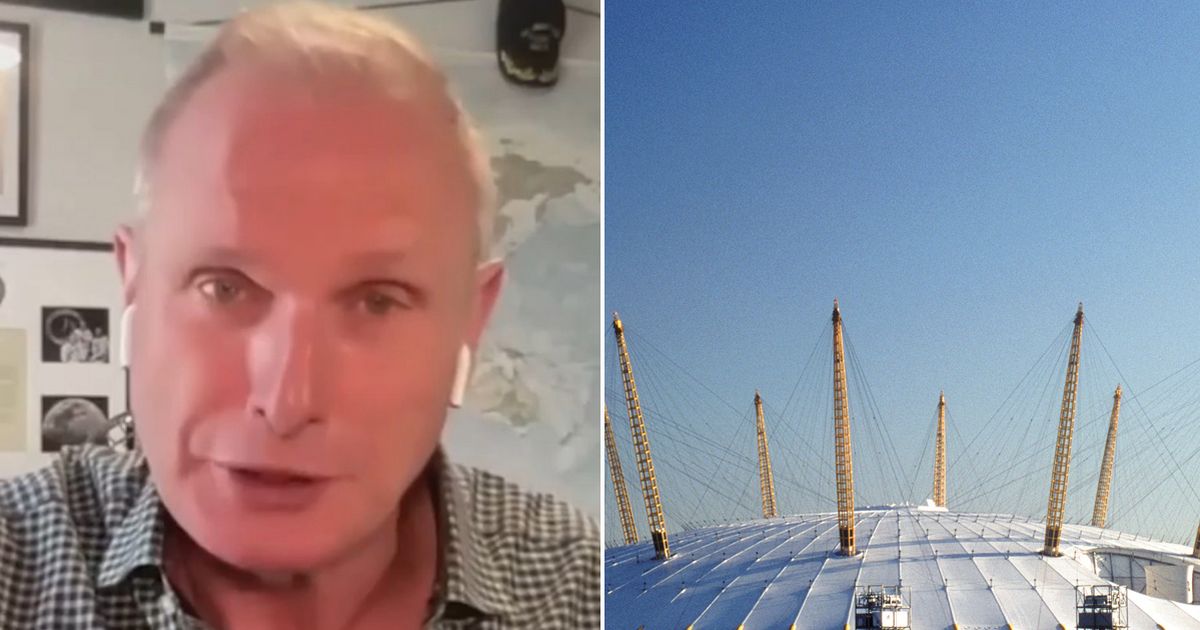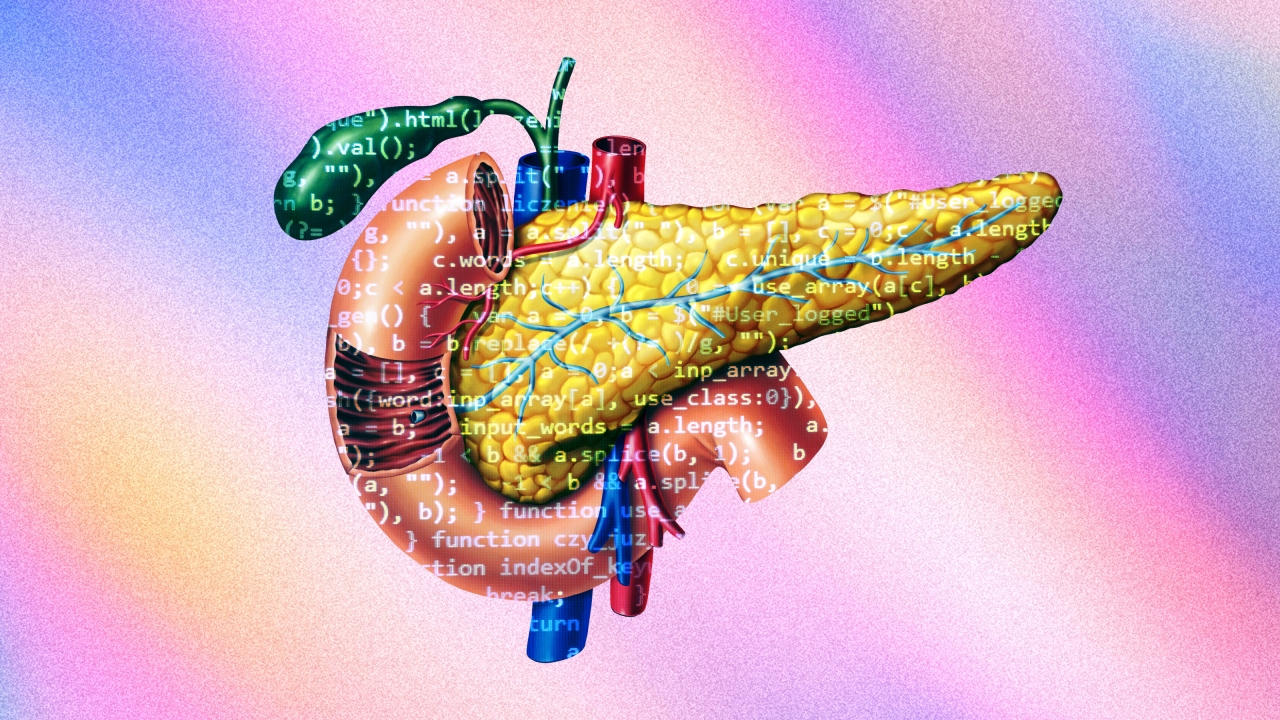BUSINESS INSIDER
On August 6 and 9, 1945, the United States dropped atomic bombs on Hiroshima and Nagasaki, Japan, killing at least 100,000 people instantly and thousands more from radiation illnesses and injuries, according to the National Archives Museum.
Three weeks earlier, Leo Szilard and dozens of other scientists who worked on the Manhattan Project signed a petition to President Harry Truman, pleading with him to reconsider dropping the bombs they had helped create.
‘Opposition on moral grounds’
While the bombs would likely end the war, they felt “that such attacks on Japan could not be justified” until Japan was told about the weapon and given a chance to surrender. Seventy scientists, mostly from the Chicago Met Lab and Tennessee Oak Ridge project sites, added their signatures.
“I personally feel that it would be a matter of importance if a large number of scientists who have worked in this field went clearly and unmistakably on record as to their opposition on moral grounds to the use of these bombs in the present phase of the war,” Szilard wrote in the petition’s cover letter.
The petition didn’t include names from the Los Alamos, New Mexico scientists because they weren’t given the chance to sign, Edward Teller, one of the Manhattan Project’s scientists, later said.
J. Robert Oppenheimer, director of Los Alamos Laboratory, persuaded Teller not to distribute the petition. “Oppenheimer talked me out of it, saying that we as scientists have no business to meddle in political pressure of that kind,” Teller said.
But Teller also wrote to Szilard at the time, “The things we are working on are so terrible that no amount of protesting or fiddling with politics will save our souls.”
Truman didn’t actually see the petition before he ordered the bombs to drop, according to the Atomic Heritage Foundation. Szilard asked for permission to make the petition public in late August 1945, but it wasn’t declassified for over a decade.
Doubts in Los Alamos
Though Oppenheimer said years later in 1961 that he didn’t carry the dropping of the bombs on his conscience, not everyone who worked at Los Alamos felt that way. Some were conflicted, especially after Adolf Hitler’s death in April 1945.
“For me, Hitler was the personification of evil and the primary justification for the atomic bomb work,” Los Alamos physicist Emilio Segrè later wrote. “Now that the bomb could not be used against the Nazis, doubts arose. Those doubts, even if they do not appear in official reports, were discussed in many private conversations.”
Read the full petition from the Manhattan Project scientists and their names (provided by Szilard biographer Gene Dannen) below.
The Manhattan Project petition asking President Truman not to bomb Japan
A PETITION TO THE PRESIDENT OF THE UNITED STATES
July 17, 1945
Discoveries of which the people of the United States are not aware may affect the welfare of this nation in the near future. The liberation of the atomic power which has been achieved places atomic bombs in the hands of the Army. It places in your hands, as Commander-in-Chief, the fateful decision whether or not to sanction the use of such bombs in the present phase of the war against Japan.
We, the undersigned scientists, have been working in the field of atomic power. Until recently we have had to fear that the United States might be attacked by atomic bombs during this war and that her only defense might lie in a counterattack by the same means. Today, with the defeat of Germany, this danger is averted and we feel impelled to say what follows:
The war has to be brought speedily to a successful conclusion and attacks by atomic bombs may very well be an effective method of warfare. We feel, however, that such attacks on Japan could not be justified, at least not until the terms which will be imposed after the war on Japan were made public in detail and Japan were given an opportunity to surrender.
If such public announcement gave assurance to the Japanese that they could look forward to a life devoted to peaceful pursuit in their homeland and if Japan still refused to surrender, our nation might then, in certain circumstances, find itself forced to resort to the use of atomic bombs. Such a step, however, ought not to be made at any time without seriously considering the moral responsibilities which are involved.
The development of atomic power will provide the nations with new means of destruction. The atomic bombs at our disposal represent only the first step in this direction, and there is almost no limit to the destructive power which will become available in the course of their future development. Thus a nation which sets the precedent of using these newly liberated forces of nature for purposes of destruction may have to bear the responsibility of opening the door to an era of devastation on an unimaginable scale.
If after the war a situation is allowed to develop in the world which permits rival powers to be in uncontrolled possession of these new means of destruction, the cities of the United States as well as the cities of other nations will be in continuous danger of sudden annihilation. All the resources of the United States, moral and material, may have to be mobilized to prevent the advent of such a world situation. Its prevention is at present the solemn responsibility of the United States—singled out by virtue of her lead in the field of atomic power.
The added material strength which this lead gives to the United States brings with it the obligation of restraint and if we were to violate this obligation our moral position would be weakened in the eyes of the world and in our own eyes. It would then be more difficult for us to live up to our responsibility of bringing the unloosened forces of destruction under control.
In view of the foregoing, we, the undersigned, respectfully petition: first, that you exercise your power as Commander-in-Chief, to rule that the United States shall not resort to the use of atomic bombs in this war unless the terms which will be imposed upon Japan have been made public in detail and Japan knowing these terms has refused to surrender; second, that in such an event the question whether or not to use atomic bombs be decided by you in the light of the consideration presented in this petition as well as all the other moral responsibilities which are involved.
Here’s everyone who signed
- David S. Anthony, associate chemist
- Larned B. Asprey, junior chemist
- Walter Bartky, assistant director
- Austin M. Brues, director, biology division
- Mary Burke, research assistant
- Albert Cahn, Jr., junior physicist
- George R. Carlson, research assistant
- Kenneth Stewart Cole, principal biophysicist
- Ethaline Hartge Cortelyou, junior chemist
- John Crawford, physicist
- Mary M. Dailey, research assistant
- Miriam Posner Finkel, associate biologist
- Frank G. Foote, metallurgist
- Horace Owen France, associate biologist
- Mark S. Fred, research associate
- Sherman Fried, chemist
- Francis Lee Friedman, physicist
- Melvin S. Friedman, associate chemist
- Mildred C. Ginsberg, computer
- Norman Goldstein, junior physicist
- Sheffield Gordon, associate chemist
- Walter J. Grundhauser, research assistant
- Charles W. Hagen, research assistant
- David B. Hall, position not identified
- David L. Hill, associate physicist
- John Perry Howe, Jr., associate director
- Earl K. Hyde, research associate
- Jasper B. Jeffries, junior physicist, junior chemist
- William Karush, associate physicist
- Truman P. Kohman, chemist
- Herbert E. Kubitschek, junior physicist
- Alexander Langsdorf, Jr., research associate
- Ralph E. Lapp, physicist
- Lawrence B. Magnusson, junior chemist
- Robert Joseph Maurer, physicist
- Norman Frederick Modine, research assistant
- George S. Monk, physicist
- Robert James Moon, physicist
- Marietta Catherine Moore, technician
- Robert Sanderson Mulliken, physical chemist, coordinator of information
- James J. Nickson, physician
- William Penrod Norris, associate biochemist
- Paul Radell O’Connor, junior chemist
- Leo Arthur Ohlinger, senior engineer
- Alfred Pfanstiehl, junior physicist
- Robert Leroy Platzman, chemist
- C. Ladd Prosser, biologist
- Robert Lamburn Purbrick, junior physicist
- Wilfrid Rall, research assistant
- Margaret H. Rand, research assistant
- William Rubinson, chemist
- B. Roswell Russell, position not identified
- George Alan Sacher, associate biologist
- Francis R. Shonka, physicist
- Eric L. Simmons, associate biologist
- John A. Simpson, Jr., physicist
- Ellis P. Steinberg, junior chemist
- D. C. Stewart, staff sergeant
- George Svihla, position not identified
- Marguerite N. Swift, associate physiologist
- Leo Szilard, chief physicist
- Ralph E. Telford, position not identified
- Joseph D. Teresi, associate chemist
- Albert Wattenberg, physicist
- Katharine Way, research assistant
- Edgar Francis Westrum, Jr., chemist
- Eugene Paul Wigner, physicist
- Ernest J. Wilkins, Jr., associate physicist
- Hoylande Young, senior chemist
- William Houlder Zachariasen, consultant



Connect with us on our socials: